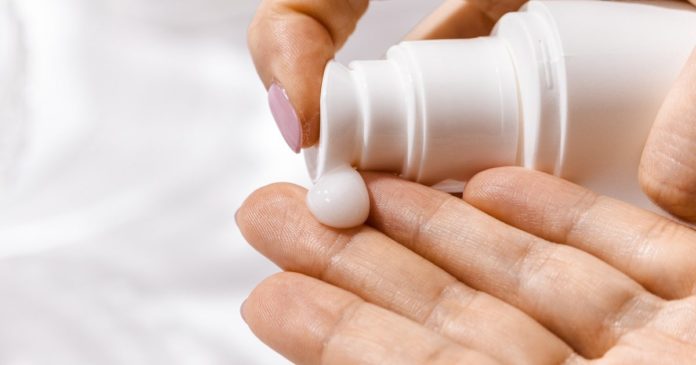Johns Hopkins Medicine researchers’ findings after studying more than 100 over-the-counter topical cannabidiol (CBD) products are rather unsettling.
It won’t come as earth-breaking news that many CBD products available in the USA don’t contain what they say on their labels. But the fact that it’s continuing after so much media exposure is troubling. Just recently we’ve highlighted two other reports; here and here.
In their study, the Johns Hopkins Medicine researchers found only 85% of the 105 tested topical products listed the total amount of CBD in milligrams on the label – and that’s a problem in itself.
And of those 89 products:
- 16 (18%) contained less CBD than noted
- 52 (58%) contained more CBD than noted
- 21 (24%) were accurately labeled.
On average, the in-store products contained 21% more CBD than advertised and the online products contained 10% more CBD than advertised. That may sound like a good thing – consumers getting more for their money – but it makes gauging and maintaining therapeutic dosage difficult.
The study also found THC – an intoxicating cannabinoid – was detected in 37 (35%) of the 105 products; however they were all within the < 0.3% legal threshold. But 4 of the 37 products were labeled as “THC free,” and 19 did not reference THC on the label. This could be very problematic for those who are sensitive to THC at any level, and could have some legal ramifications in terms of drug testing.
Other issues reported included claims of therapeutic benefits and lack of flagging that the products were not FDA approved.
“The variability in the chemical content and labeling found in our study highlights the need for better regulatory oversight of CBD products to ensure consumer safety,” said the study’s senior Author, Ryan Vandrey, Ph.D., who is professor of psychiatry and behavioral sciences at the Johns Hopkins University School of Medicine.
This is something that has been called for by the CBD industry as well for a long time, but the FDA is continuing to drag its heels. This genie is well and truly out of the bottle and the longer the FDA faffs about, the harder it will be to stuff it back in.
The full results of the Johns Hopkins Medicine study have been published in JAMA Network Open.


